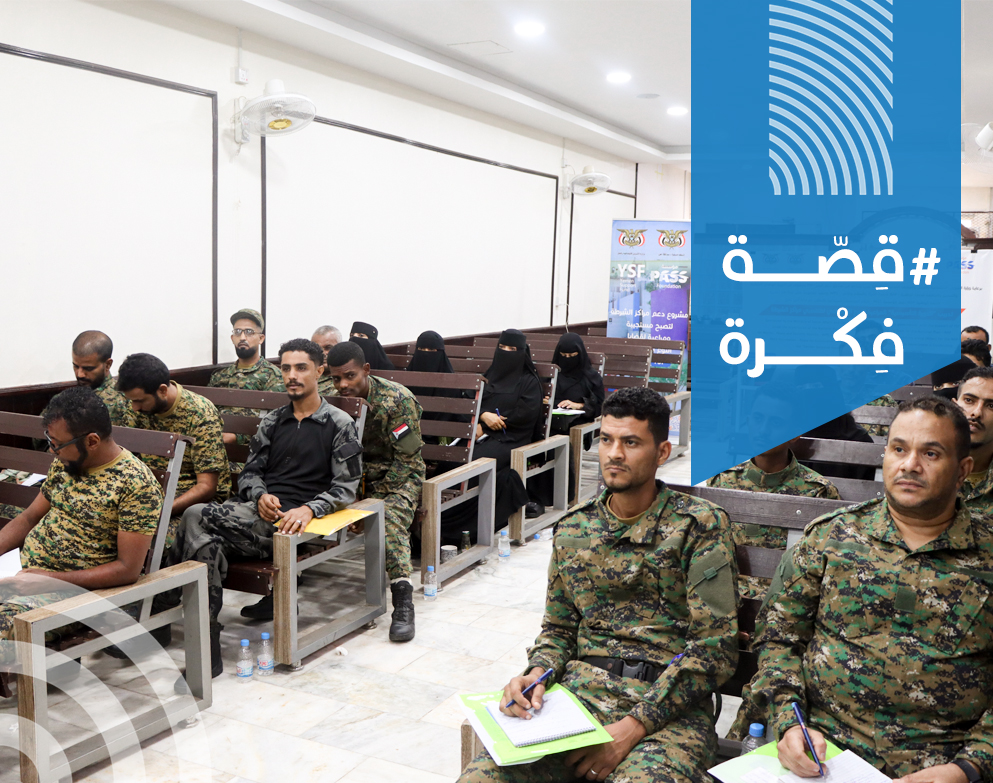The police Centers in the districts of Khormaksar, Mualla, and Al-Arish were in urgent need of improving the skills and capacities of their personnel, particularly in handling gender-based issues. These issues required special attention, but the lack of knowledge and skills among police officers posed a significant barrier to providing effective support in this area. The three targeted police centers — Khormaksar, Al-Arish, and Mualla — had 21 representatives, consisting of seven soldiers and officers from each Center, who lacked sufficient training in critical areas such as forensic techniques, criminal code, code of conduct, and principles for addressing gender-based issues. This deficiency affected their ability to offer effective community support, leaving gender-related cases without proper resolution.
In response to these needs, a six-day training workshop was organized during July and August, with the participation of 21 representatives from the three police Centers. The training covered essential topics, including forensic techniques, criminal code, code of conduct, police law, duties of judicial officers, criminal procedure law, and penal law. These efforts were closely coordinated with the Aden Security Department, and participant lists, including trainees, archivists, and female investigators, were prepared within the first two weeks of July to ensure the involvement of the most suitable candidates.
Trainers were carefully selected to ensure the effective delivery of the training content, tailored to the trainees' needs to enhance their practical capabilities. This initiative was driven by a strong desire to improve overall police performance and increase public trust in the security services. The impact of the training became evident immediately after the workshop, as police officers gained the skills needed to address gender-based issues more efficiently, contributing to greater community trust in the police.
This workshop represents a significant step toward improving police capabilities in Aden and promoting inclusivity and justice. Continued programs like this are expected to bring about sustainable improvements in how police handle sensitive issues, ultimately contributing to creating a safer and more inclusive environment for all.







